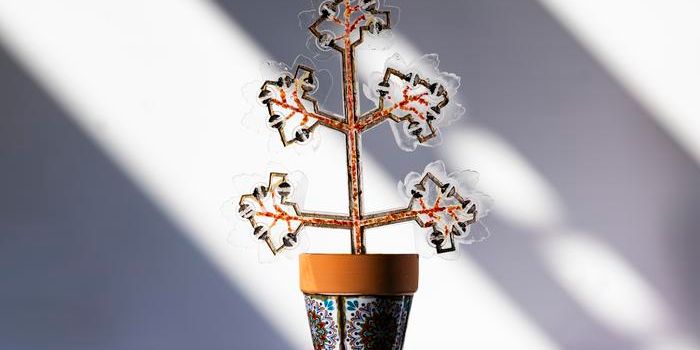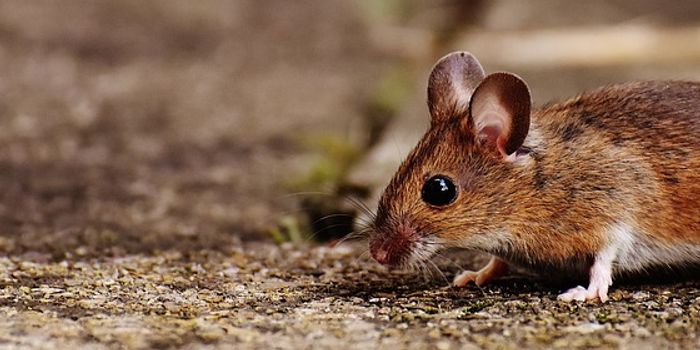A Strong Message Gets Delivered to Rhino Poachers
Animal poachers commonly target rhinos because of the large horns situated on their heads. The horns carry high monetary value in countries throughout Asia, as they're an essential ingredient in traditional medicines thought to cure a broad range of diseases.
Image Credit: Pixabay
Despite their high cost and the high demand that ensues, it’s illegal to kill rhinos and snatch their horns. Law enforcement agencies throughout South Africa condemn the sick practice, and their latest actions deliver a strong message to anyone who’s even thinking about it.
30-year-old Mapoyisa Mahlauli, a rhino poacher from Mozambique, was sentenced to 20 years in prison for killing a local rhino and sawing off its horns for profit. Authorities captured him late last year in Kruger National Park after he committed the heinous act, and he’s been awaiting sentencing since that time.
Mozambican police emphasize that the punishment fits the crime and how this will set an example as to what poachers can expect if they're caught killing rhinos or other protected wildlife. It’s hoped that the news of this punishment will echo across the land and deter animal poaching altogether.
Related: Why are these baby white rhinos making such an odd noise?
Fewer than 30,000 rhinos walk the Earth today, and that number continues to shrink as a result of animal poaching. Poachers have killed as many as 7,100 rhinos throughout Africa in the last decade, and at least 1,000 of those died in South Africa just last year alone.
Of those 30,000 rhinos, most are a subspecies known as the southern white rhino. An additional subspecies, the northern white rhino, isn’t faring as well as its counterpart. Just three northern white rhinos remain in existence today, down from 500 in the 1970’s, and experts are having difficulties getting them to reproduce in captivity. With that in mind, the lingering threat of the northern white rhino subspecies (and others) going extinct is very real, and poaching is to blame.
Related: The first Sumatran has been spotted in the Indonesian Borneo in 40 years
Many other rhino species are also listed on the International Union for the Conservation of Nature (IUCN)'s Red List, but as the damage inflicted by poaching over the years indicates, awareness isn't enough; it needs to be stopped in its entirety.
Conservationists will continue stressing the necessity of stricter laws and improved animal protections. Not only does it matter for the future of rhinos, but also for every other threatened, endangered, or critically-endangered species nearing extinction due to poor choices.
Source: Newsbeat Social









